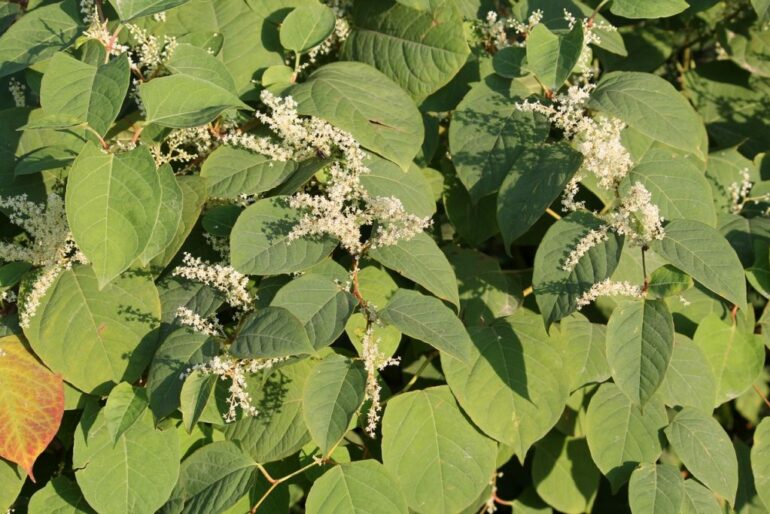RICS has this week published a new Guidance Note, Japanese Knotweed: Guidance for Professional Valuers and Surveyors, replacing the previous Information Paper.
This was reviewed following a Parliamentary Inquiry in 2018 which concluded that the approach to Japanese knotweed in the UK was ‘overly cautious’.
Nic Seal, founder and MD of invasive plant specialist Environet UK, said: “The new Guidance Note is cautious and sensible, recognising the very real risk Japanese knotweed poses to homeowners and lenders, and giving greater clarity to surveyors.
“The blunt ‘7 metre rule’ has rightly been scrapped in favour of a more nuanced approach that allows surveyors to use their own professional judgement in determining the potential impact of Japanese knotweed.
“I’m pleased to see the focus is no longer only on the structure of the property and the risk of damage, which is rare, but also on amenity value – in other words, the effect of knotweed on the use and enjoyment of the garden.
“Equally importantly, it also recognises the problems that can result from encroachment of knotweed from adjoining land, requiring surveyors to flag infestations within 3 metres of the boundary on neighbouring properties.
“If there’s any criticism, it would be that the Guidance Note suggests control of knotweed may be a more appropriate goal than eradication.
“While herbicide treatment can be an effective approach in certain cases, there are often very good reasons to make eradication the goal – and by settling for ‘control’ the bar is lowered for the sake of a lower initial cost.
“Herbicide treatment is particularly inappropriate where the plant’s location could impact neighbouring properties and be subject to potential legal claims, or on more valuable properties where the diminution of value justifies the higher cost of removal.”




